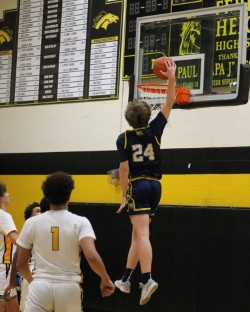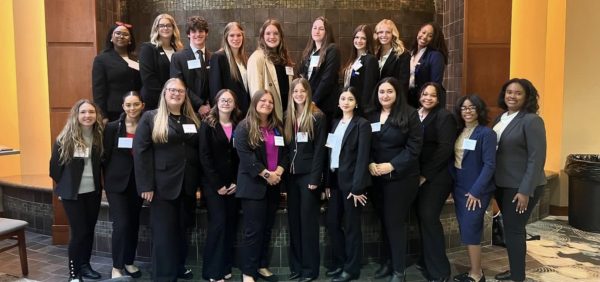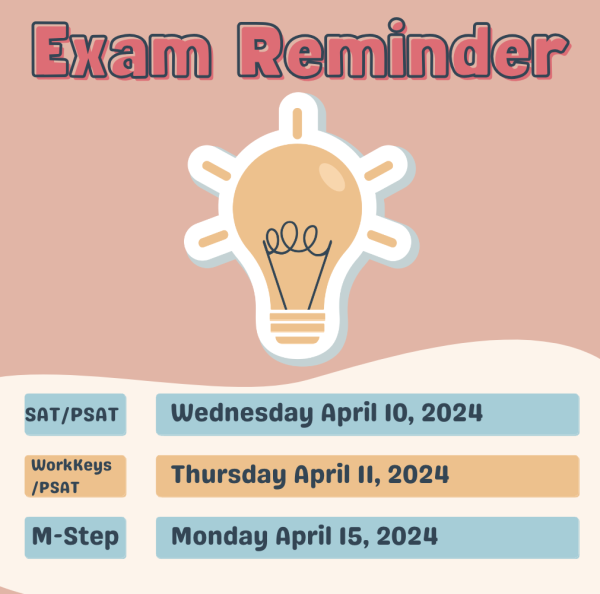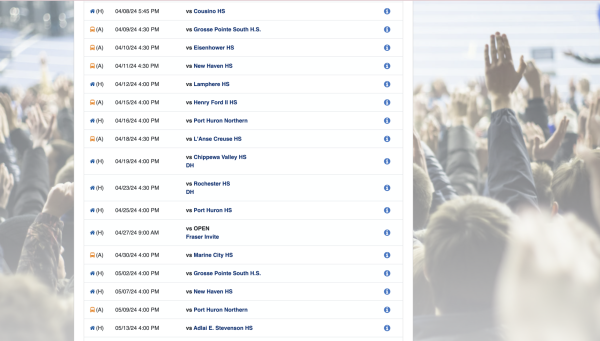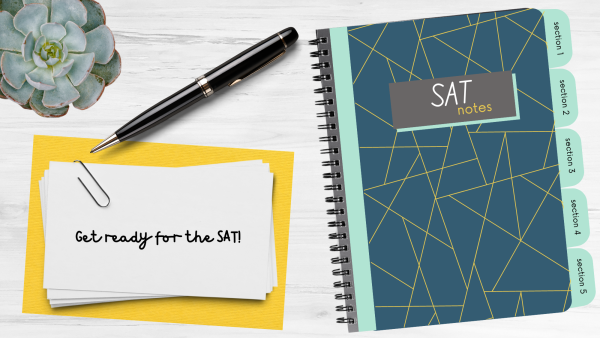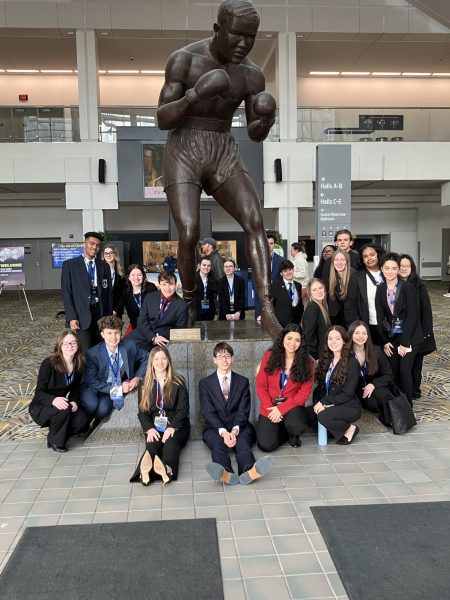Hybrid vs. College
February 16, 2018
Independence. It’s a concept that millennials thrive off of nowadays.
High schools have recently adopted policies to allow more independence to students that have earned it. Hybrid classes are courses that are part online learning and part classroom learning. Due to the online portion there are often days where the teachers do not hold class, which means the students have the option to go home for a while or even leave school early at the end of the day. It’s a more lenient than the original high school attendance policy, but regardless students are still expected to show up to class when it’s asked. It’s also expected that students complete their work even on their online days, which unfortunately is not always the case. Because students are getting more independence than usual, it often leads to the desire to procrastinate or put off the online work until the very last minute that it’s due in class. To a more extensive degree, some students may even wait until it’s technically too late to complete an assignment or test and try to go to the teacher and ask for a second opportunity. This nonchalant attitude can be detrimental to the student’s grade, and it definitely won’t be a good strategy to continue in college.
The early college program is another opportunity to encourage independence that’s given to students who earn it. The students that test into the program get to go to two classes at their high school and two classes at Macomb Community College. The student will continue the program until one year after the students graduate to receive a free associate’s degree. Unlike the hybrid classes, most college professors do not maintain any attendance policy at all. If a student doesn’t show up to class, the college professor doesn’t give the student a second thought. It is a student’s sole responsibility to show up to class in order to learn. Another thing that differs from the hybrid classes is that if you miss a test or an assignment, the professor moves on without you. A zero is put into the gradebook and the class moves on. Adopting a procrastination tactic like not showing up to class or turning in late work will not be tolerated in college. It’s the student’s choice however, but they will not pass any college class if that’s the lackadaisical attitude presented.
It is easy to slack off in high school: with opportunities such as hybrid classes and late credit, staying home and taking that extra hour or two to sleep appeals more to the average teenager than being on top of homework and classes when dealing with lack of sleep and motivation. In high school, if students miss an assignment or test, they can easily make it up and still get credit, even days after the homework is due. In college, however, most professors run their classes differently. If an assignment, test, or quiz is missed due to an absence, chances are the professor will put it as a zero in the gradebook. Some professors aren’t as strict, and some even drop the lowest grade to allow room for emergency absences; nonetheless, students must not make missing classes a habit early on to avoid falling behind in college.
Just as assignments can’t be made up once they are missed, assessments cannot be retaken. Here at Fraser High School, the district uses competency-based learning; if a competency is failed, students are required to retake the test until it reaches above a sixty percent. For most college classes, students receive one attempt for an assessment; therefore, the first grade they get on a test is the final grade for that particular test. Some professors may provide two attempts; however, scores will be averaged between each attempt and must be done by a certain time. In other words, the professor won’t provide a two week time period to prepare and restudy. Most don’t offer this luxury. A word of advice to high school students banking their grades on test retakes, treat every test like it has only one attempt as most would in college. This way studying and staying on top of classes will become a habit rather than a drastic change from a more comfortable set of rules.
Although hybrid classes in high school serve as a great opportunity to study or sleep, college classes have different rules and standards. If missing classes becomes a habit for students now, it may be detrimental to their adjustment to a stricter college routine. A good compromise is this: take advantage of hybrid days on occasion, but use that time to catch up on any missed work if there is any. Make sure to keep up attendance even if motivation is low, and stay on top of responsibilities instead of procrastinating. It may seem like a burden now, but it will help set a higher standard for future college classes.



